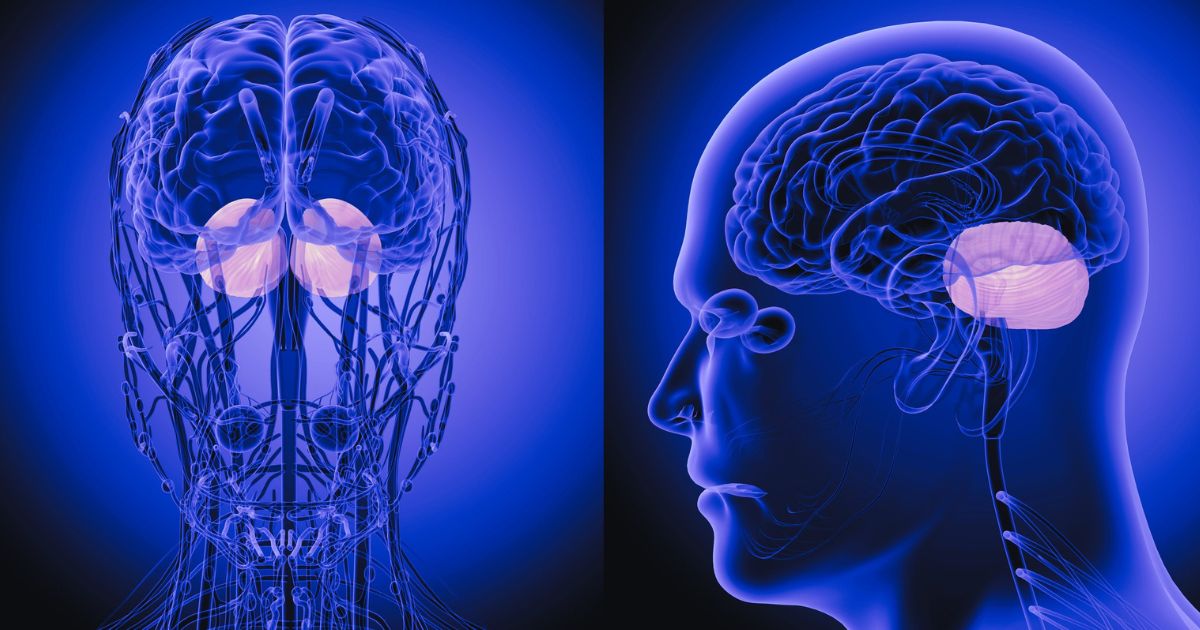Jun. 07, 2023
by Frank Musiek, PhD One of the first studies to address the issue of auditory temporal processing was published by Ira Hirsh in 1959. In many ways this study also popularized the term “temporal” to the field of audiology. The study was fundamental as it looked at the most basic aspect of placing in the correct order two short acoustic







